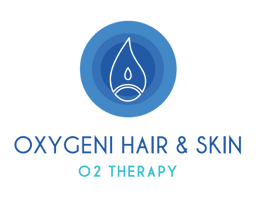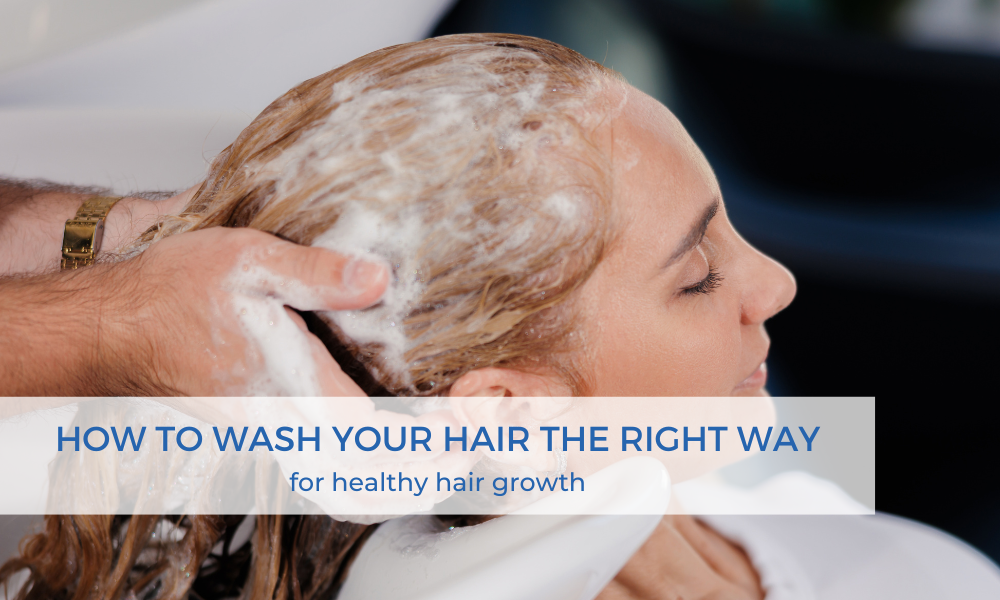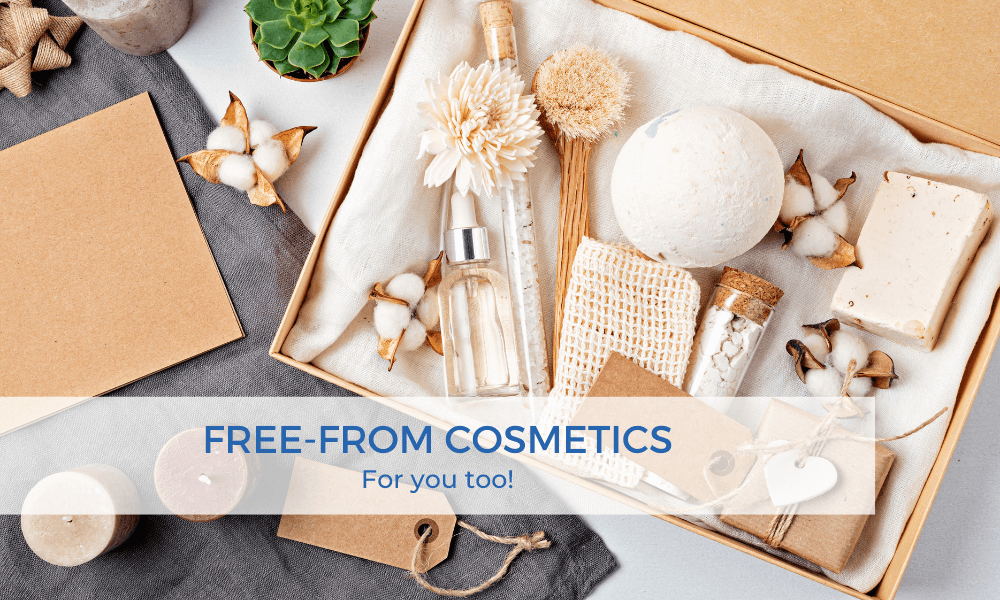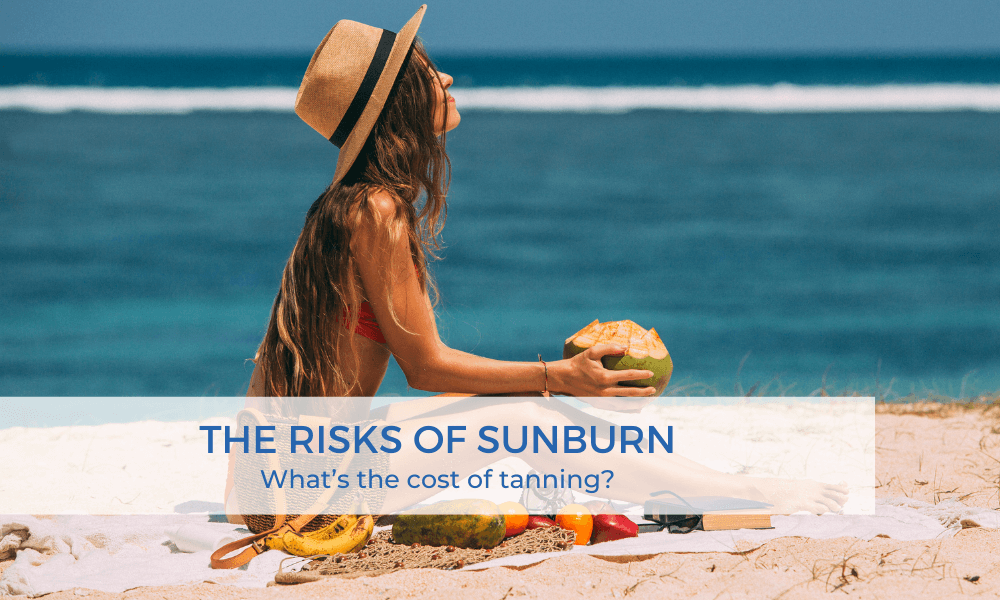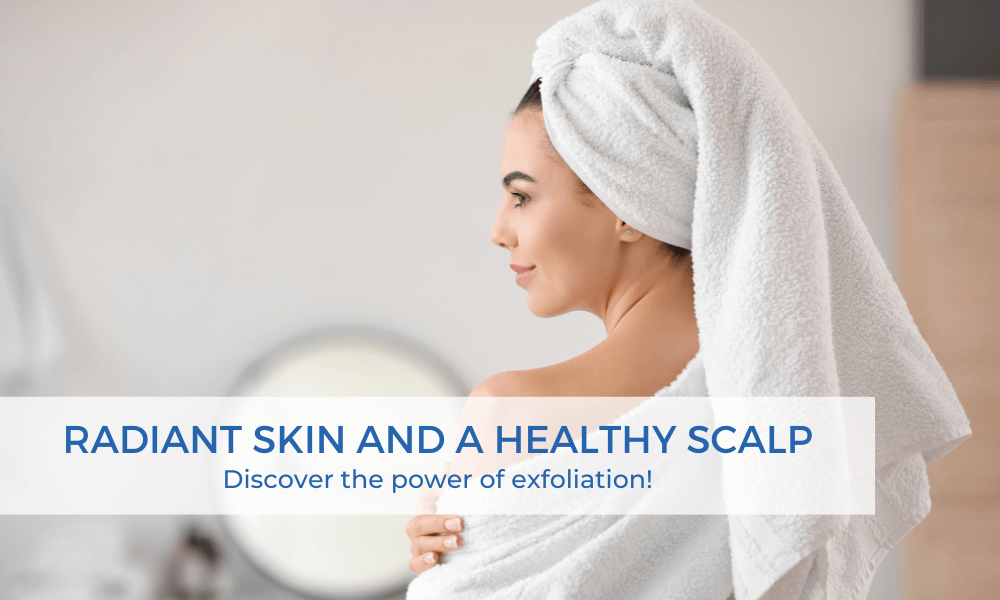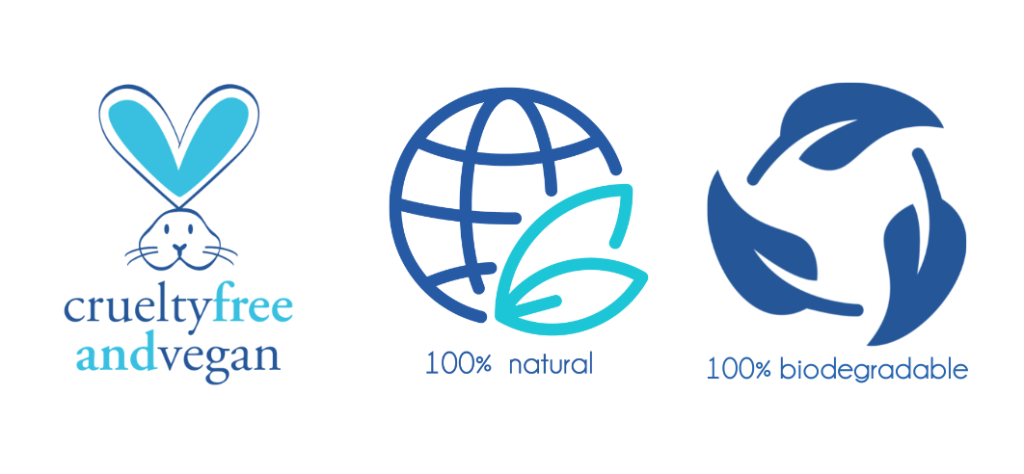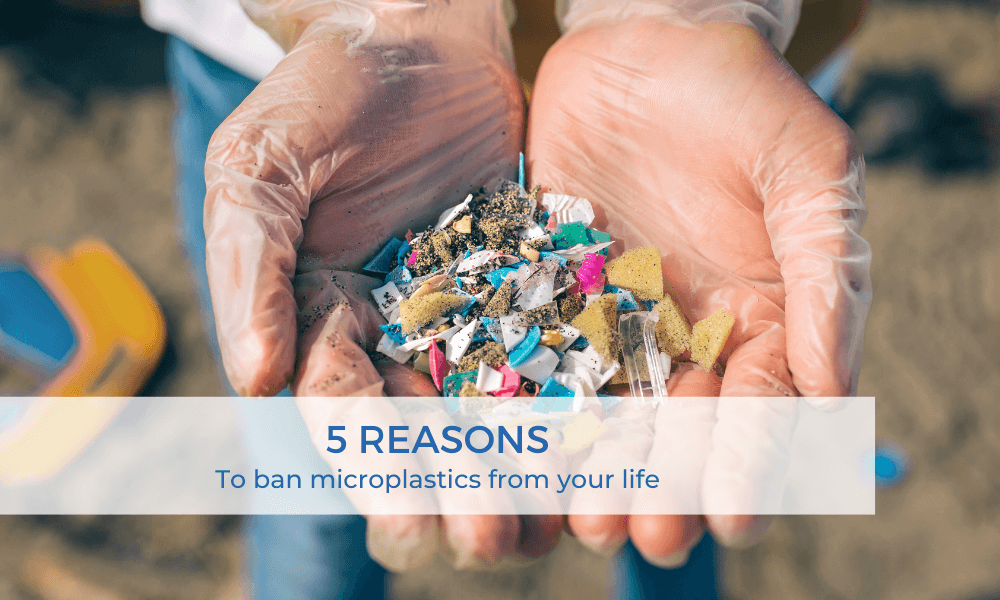
5 Reasons to Ban microPlastic from Your Life
Plastic products have become an integral part of our daily lives without us even noticing. The ingredients of our breakfast sandwiches are wrapped in plastic, we drink bottled water throughout the day, and at night, we brush our teeth with plastic toothbrushes, just to name a few examples. It may seem that plastic in any form makes our lives easier and seemingly better. However, our dependence on plastic is not sustainable in the long run. To highlight this, we’ve outlined how plastics and the microplastics they create harm our environment and health.
1. Plastic Significantly Contributes to Global Warming
We constantly hear that we need to save energy because it benefits both the environment and our health. However, few of us realize that every time we accept a disposable plastic bag at the grocery store, we are actively contributing to energy waste and the depletion of non-renewable resources. Most plastics are made from polyethylene, which, aside from being the most widely used plastic in the world, is produced through the refinement of oil and the processing of natural gas. Oil and natural gas are non-renewable fossil resources, and their extraction releases greenhouse gases, which significantly contribute to global climate change.
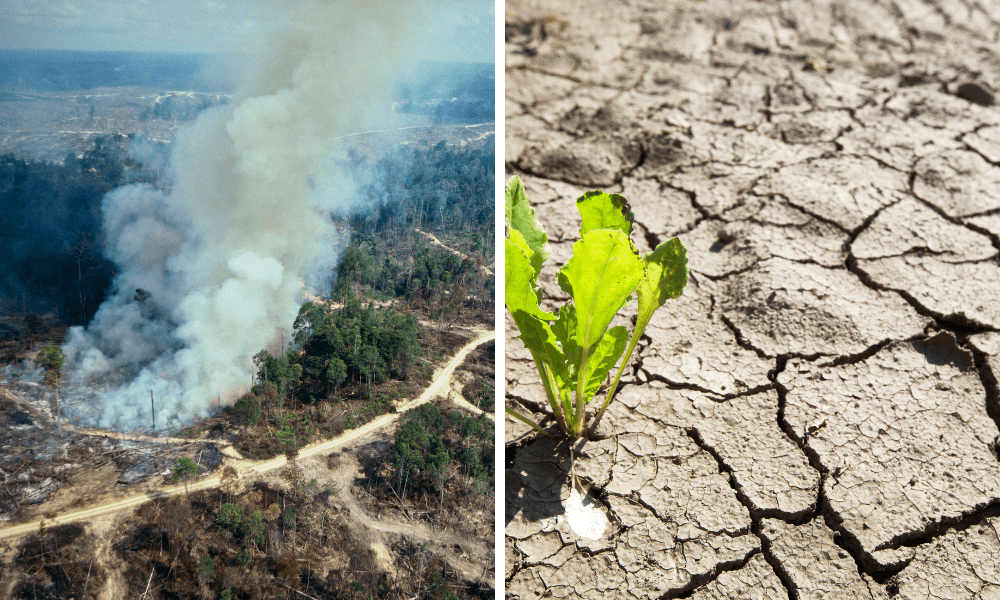
2. Plastic is Harmful to Wildlife and Marine Life Alike
Plastic bags and waste are often mistaken for food by land animals, birds, and marine creatures. Once ingested, plastic cannot be processed by the animals’ digestive systems, leading to severe health issues such as infections caused by microplastics, painful intestinal blockages, starvation, or even suffocation in the case of larger plastic items. The most heartbreaking aspect of this is that the affected animals have no idea that they are consuming something that not only makes them ill but will eventually kill them. It’s frightening to think that plastic doesn’t just affect smaller species but also larger ones. As we know, every species plays a crucial role in maintaining the balance of ecosystems, but excessive plastic use is increasingly disrupting this delicate balance.
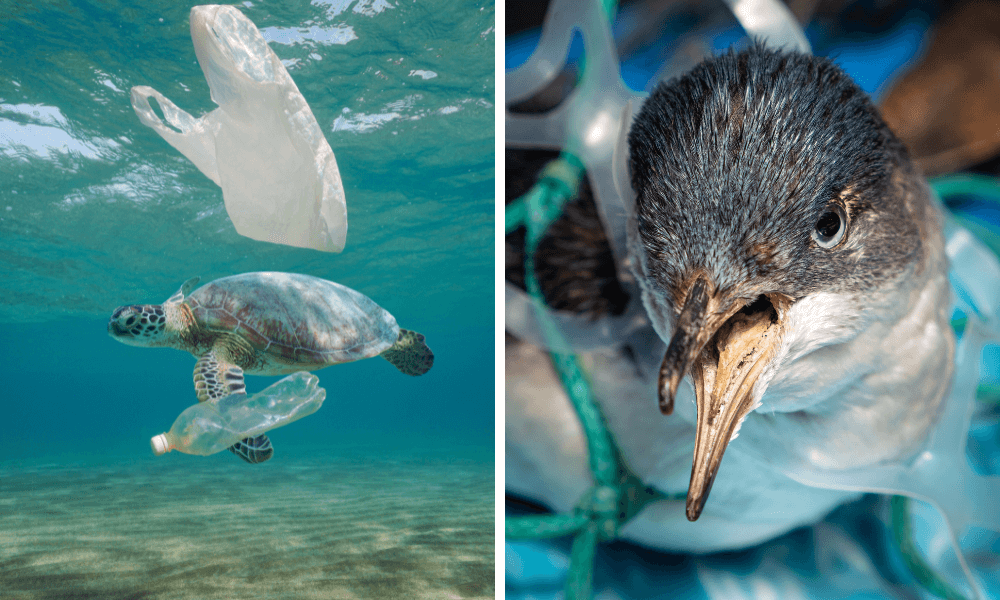
The suffering of wildlife is further exacerbated not only by plastic pollution but also by animal testing conducted in the cosmetics industry. However, effective vegan solutions exist, even for severe scalp issues like baldness. With Oxygeni Hair product bundles —whether dealing with hormonal or genetic hair loss—you can not only stop baldness but also stimulate hair growth. Try it out and order now from our webshop!
3. Microplastics Never Fully Decompose
Single-use plastic items take an incredibly long time to break down, ranging from 20 to 1,000 years depending on the type, and often, they never completely decompose. In most cases, when plastics enter the environment, they break down into tiny microscopic pieces that settle in the soil or pollute our water systems. These microplastics are so small that they are invisible to the naked eye, yet they are everywhere. They pollute our water, which is a fundamental resource for both nature and wildlife, they make their way into the soil where our food is grown, and they are even present in the air we breathe. As these plastic particles enter the natural cycle, they alter the quality of air, water, and soil, ultimately affecting the growth and health of plants, animals, and humans alike.
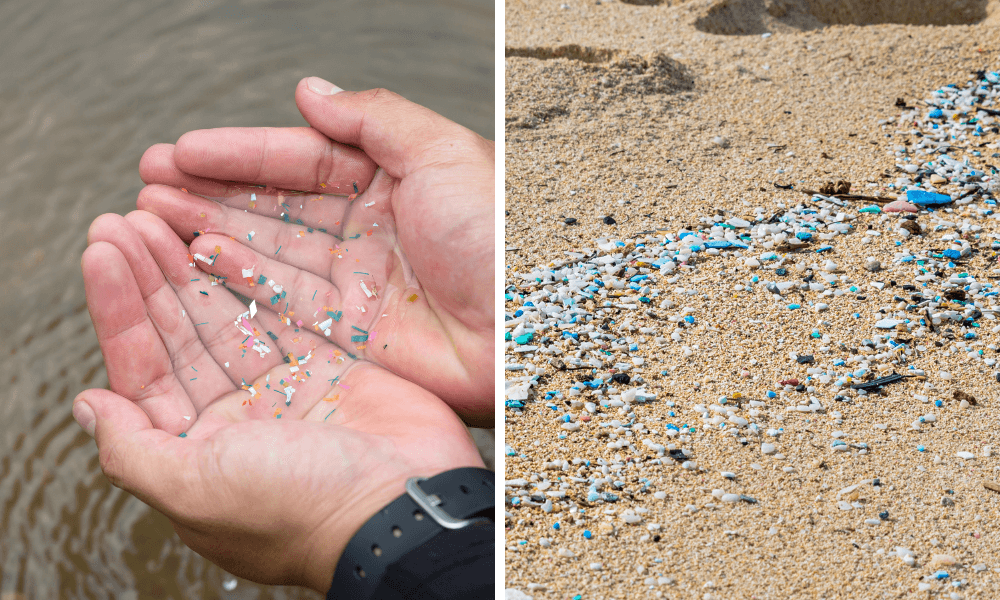
4. Plastic Has Negative Health Effects on the Human Body
Recent statistics show that at least 30% of ocean fish have plastic remnants in their stomachs, and 90% of them already contain plastic toxins. This means that when we eat fish, these microplastics enter our bodies as well. Today, microplastics are present in our oceans, tap water, and even in bottled drinks. The greatest concern arises from the fact that scientists still don’t fully understand how our metabolism and immune system will react to the increased concentration of plastic particles in our bodies. It is suspected that the liver will face greater challenges as more pathogens are introduced into the system. Additionally, microplastics in our digestive system may affect the absorption of essential trace elements, like iron, which is crucial for maintaining good health.
5. There Are Many Available Alternatives to plastic
As the difficulties of storing and degrading plastics, as well as the harmful effects of microplastics, have become more widely known, numerous alternative solutions have emerged in recent years. Recycling efforts by manufacturers are gaining momentum, and the best part is that we can adopt this philosophy in our daily lives. We can make a significant impact on the environment by making small changes, like switching to reusable shopping bags. These bags are highly durable, make more efficient use of Earth’s resources, and help reduce waste.
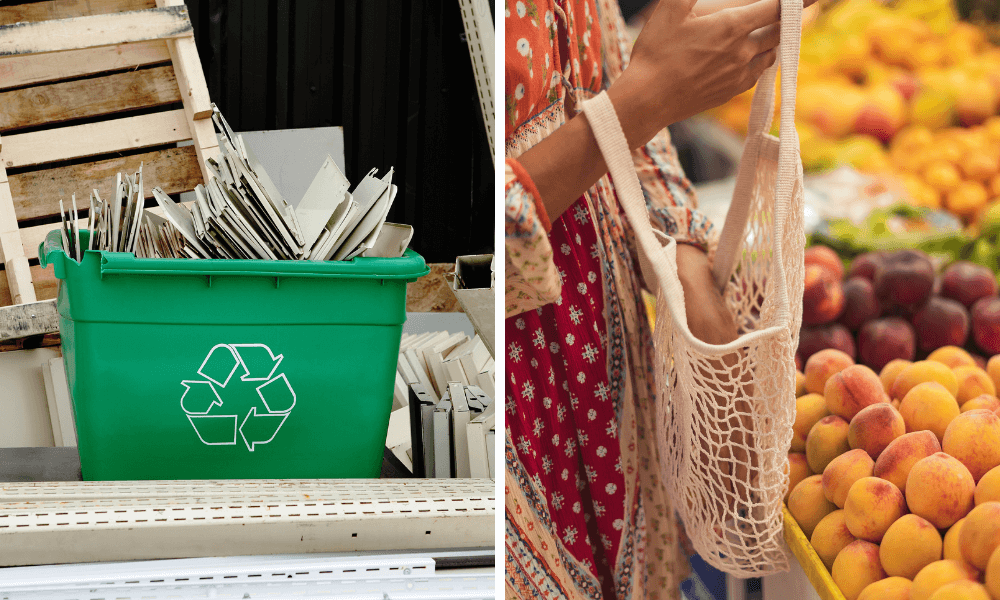
The more we eliminate single-use plastics from our lives, the more we contribute to the well-being of our environment and our health. Oxygeni Hair is a dedicated supporter of plastic-free living and environmental protection, which is why our product packaging is made from biodegradable plastic. In the creation of our 100% chemical-free, vegan cosmetics, the focus on quantity also plays a key role—by offering 1-liter packaging, the accumulation of waste can be significantly reduced. If you feel inspired to make a positive impact on the environment, choose Oxygeni Hair products!
Author: Boglárka Bogos
OXYGEN THERAPY AND OXYGENI HAIR PRODUCT REVIEWS



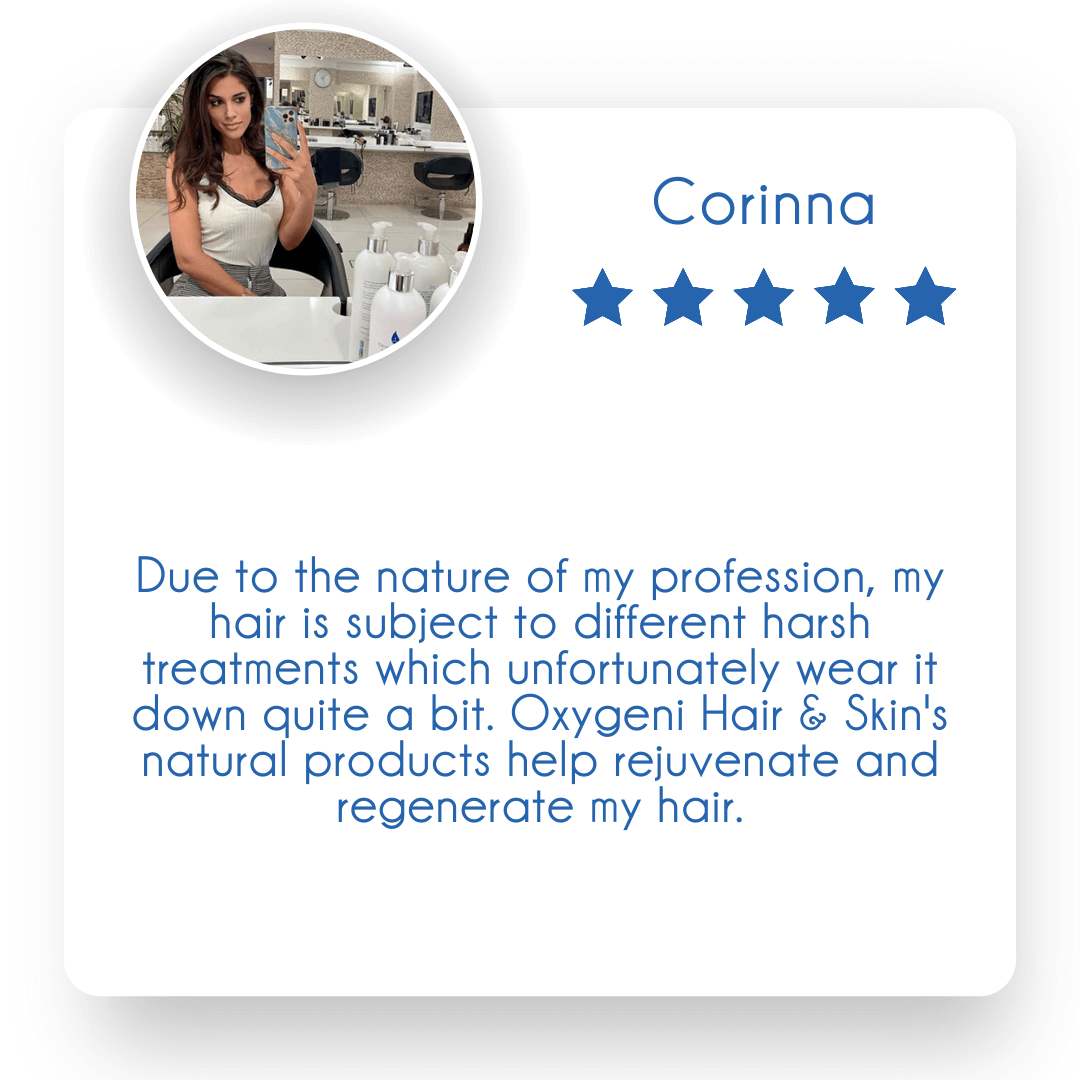
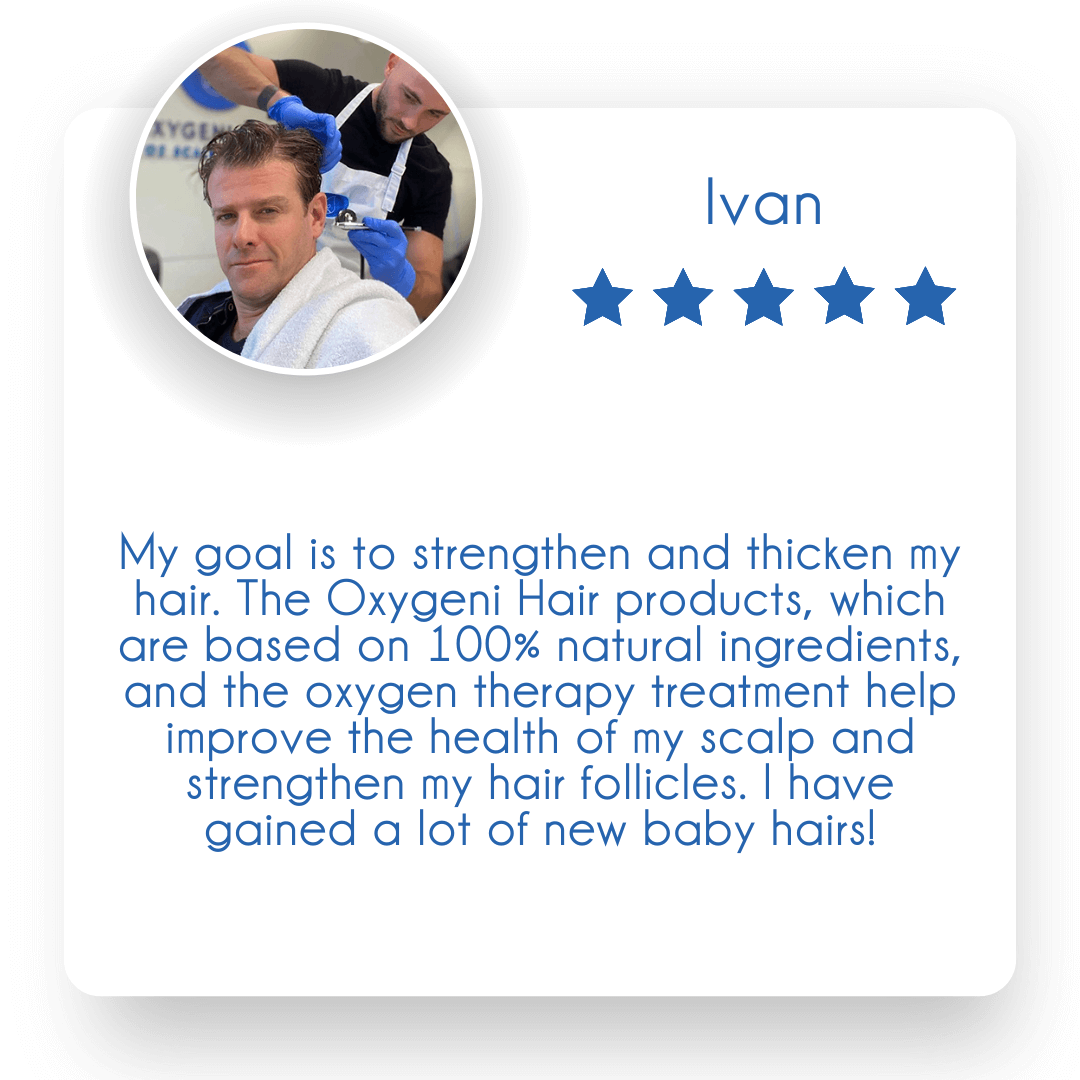
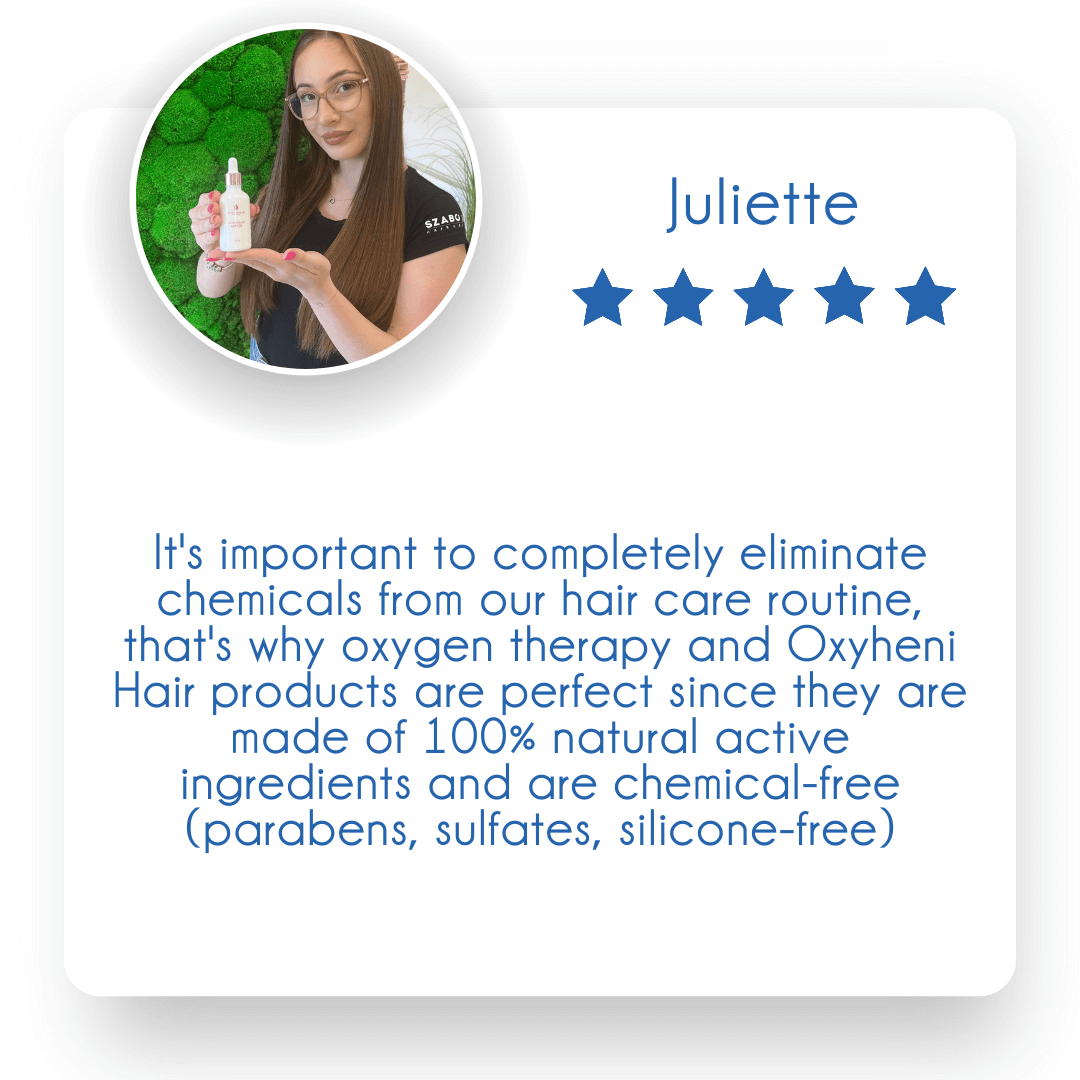
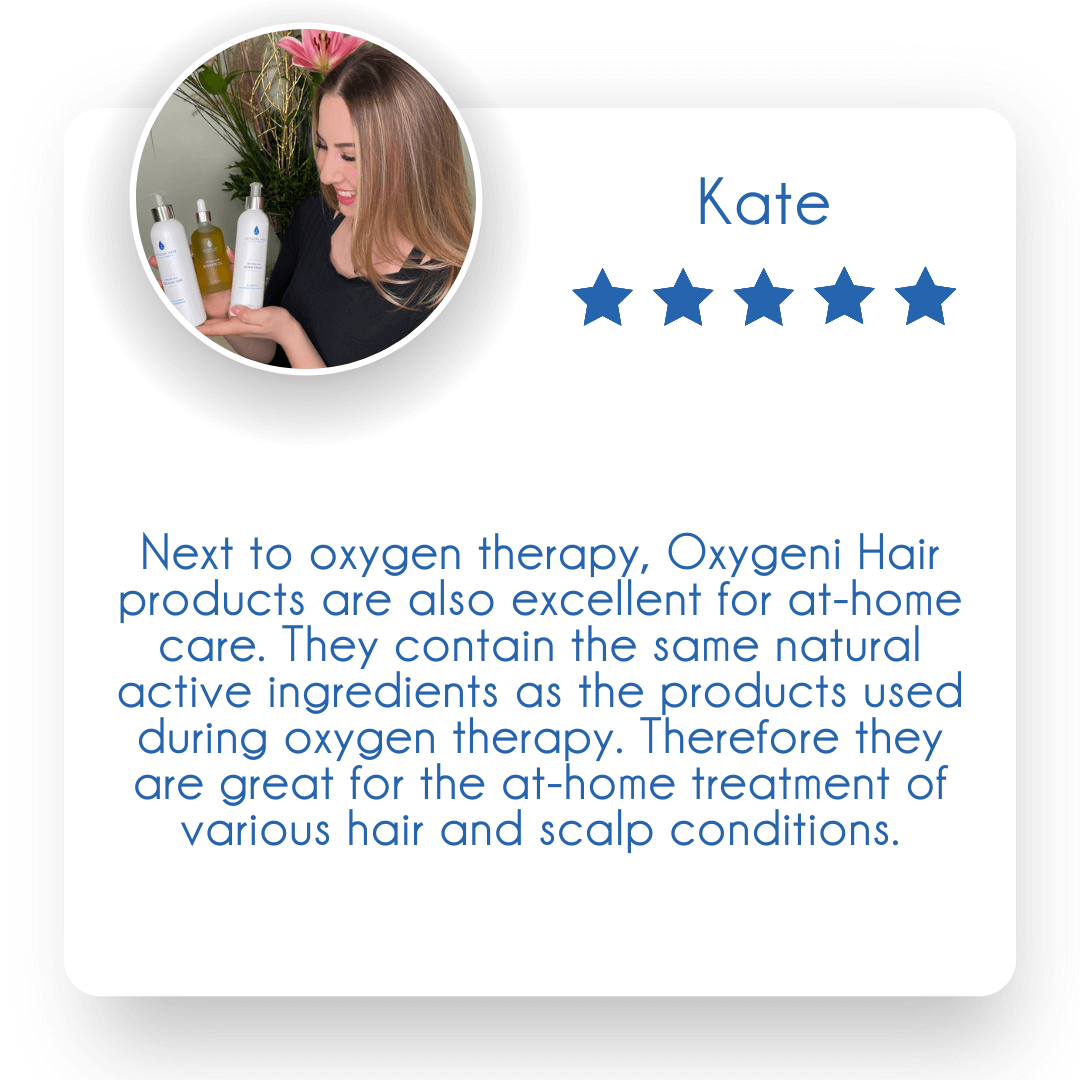
Follow us on our social media platforms!
